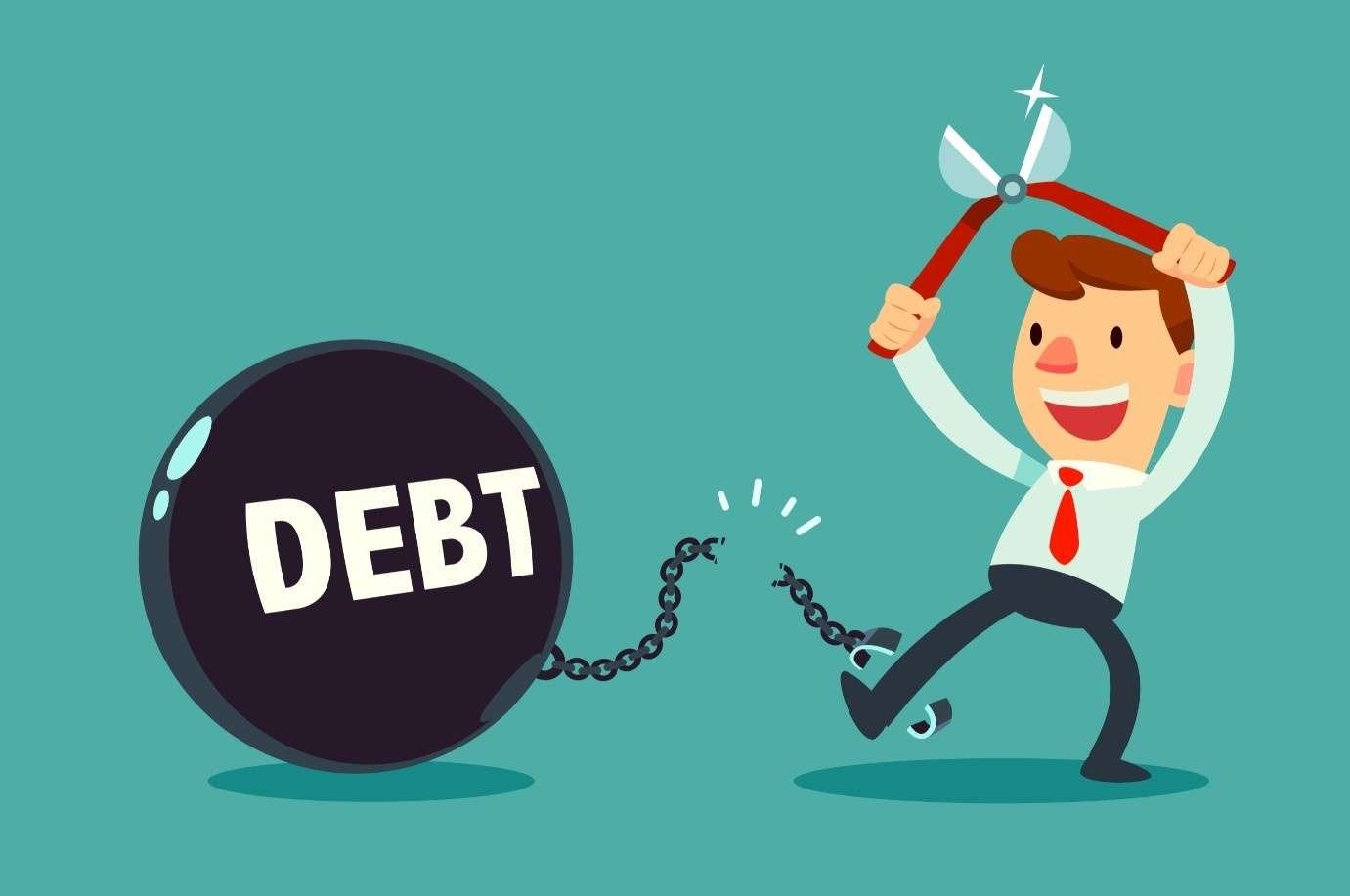In today’s fast-paced financial world, managing debt effectively has become a crucial skill for anyone seeking long-term financial security. With rising living costs, easy access to credit, and unexpected expenses, debt can quickly spiral out of control if not handled carefully. However, with proper strategies and a disciplined approach, it is possible to regain control and create a stable financial future.
Understanding the Nature of Debt
Debt itself is not inherently bad. In fact, some forms of debt, such as mortgages, student loans, or business loans, can serve as investments that pay off in the long run. The problem arises when debt accumulates without a clear plan for repayment or when high-interest debts, like credit card balances, start to build up. Understanding the difference between good debt and bad debt is the first step towards effective debt management.
The Importance of Creating a Budget
A realistic and detailed budget is the cornerstone of any debt management plan. Tracking income and expenses allows individuals to identify areas where they can cut back and allocate more money towards debt repayment. Prioritizing needs over wants and setting clear spending limits helps prevent unnecessary borrowing and keeps financial goals within reach. Budgeting also provides a clear picture of one’s financial obligations and progress over time.
Prioritizing Debt Repayment
When it comes to paying off debt, there are two widely used strategies: the snowball method and the avalanche method. The snowball method focuses on paying off the smallest debts first, providing quick psychological wins that motivate continued progress. The avalanche method, on the other hand, targets debts with the highest interest rates first, minimizing the overall cost of borrowing. Both methods are effective, and choosing one depends on personal preferences and financial situations.
Negotiating with Creditors
Many people are unaware that creditors may be willing to negotiate more favorable terms. This could include lower interest rates, waived fees, or extended repayment periods. Being proactive and transparent with lenders about financial difficulties can often lead to workable solutions that ease the burden of debt. In some cases, consolidating multiple debts into a single loan with a lower interest rate can simplify repayment and reduce monthly payments.
Building an Emergency Fund
An emergency fund acts as a financial safety net, helping to cover unexpected expenses without resorting to additional debt. Ideally, this fund should cover three to six months’ worth of living expenses. Even small, regular contributions to an emergency fund can accumulate over time and provide significant peace of mind, preventing new debts from arising due to unforeseen circumstances.
Seeking Professional Help
For those feeling overwhelmed by debt, professional assistance may be beneficial. Credit counseling agencies, financial advisors, or debt management companies can offer personalized guidance and structured repayment plans. It’s important to choose reputable, accredited organizations to avoid scams and ensure the advice received is in one’s best interest.
Maintaining Healthy Financial Habits
Once debts are under control, maintaining financial discipline is essential to avoid falling back into old patterns. Regularly reviewing financial goals, sticking to a budget, and using credit responsibly will help preserve financial stability. Additionally, continued education on personal finance can empower individuals to make informed decisions and build wealth over time.
Conclusion
Debt management is not about completely avoiding debt but learning how to handle it responsibly and strategically. With careful planning, disciplined spending, and the right support, anyone can overcome debt challenges and build a secure financial future. Mastering debt control not only reduces financial stress but also opens the door to new opportunities for growth and prosperity.

